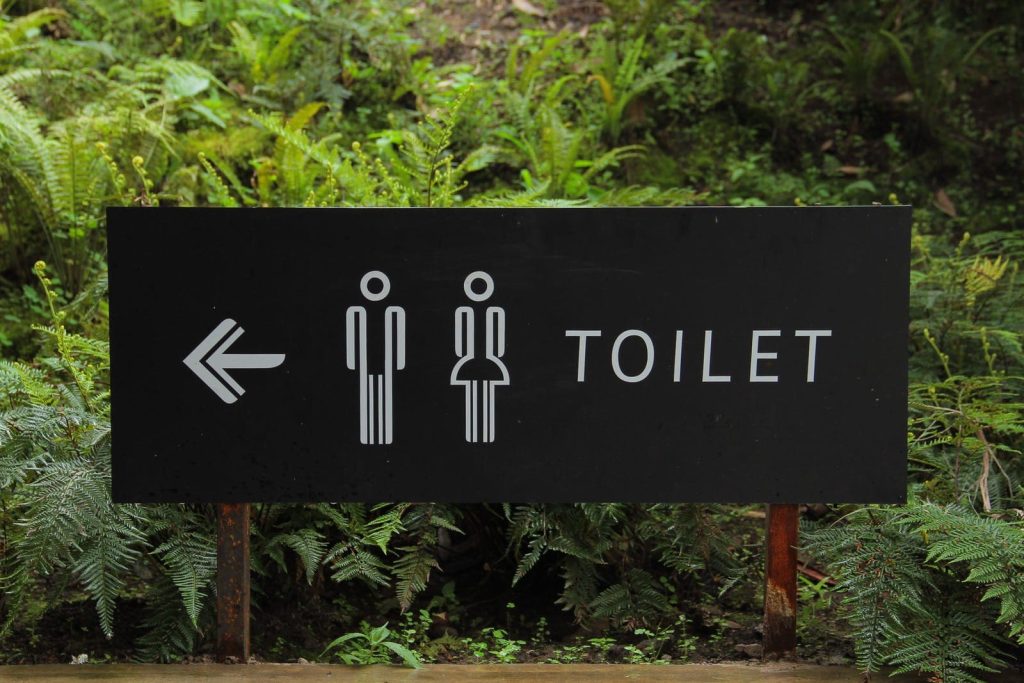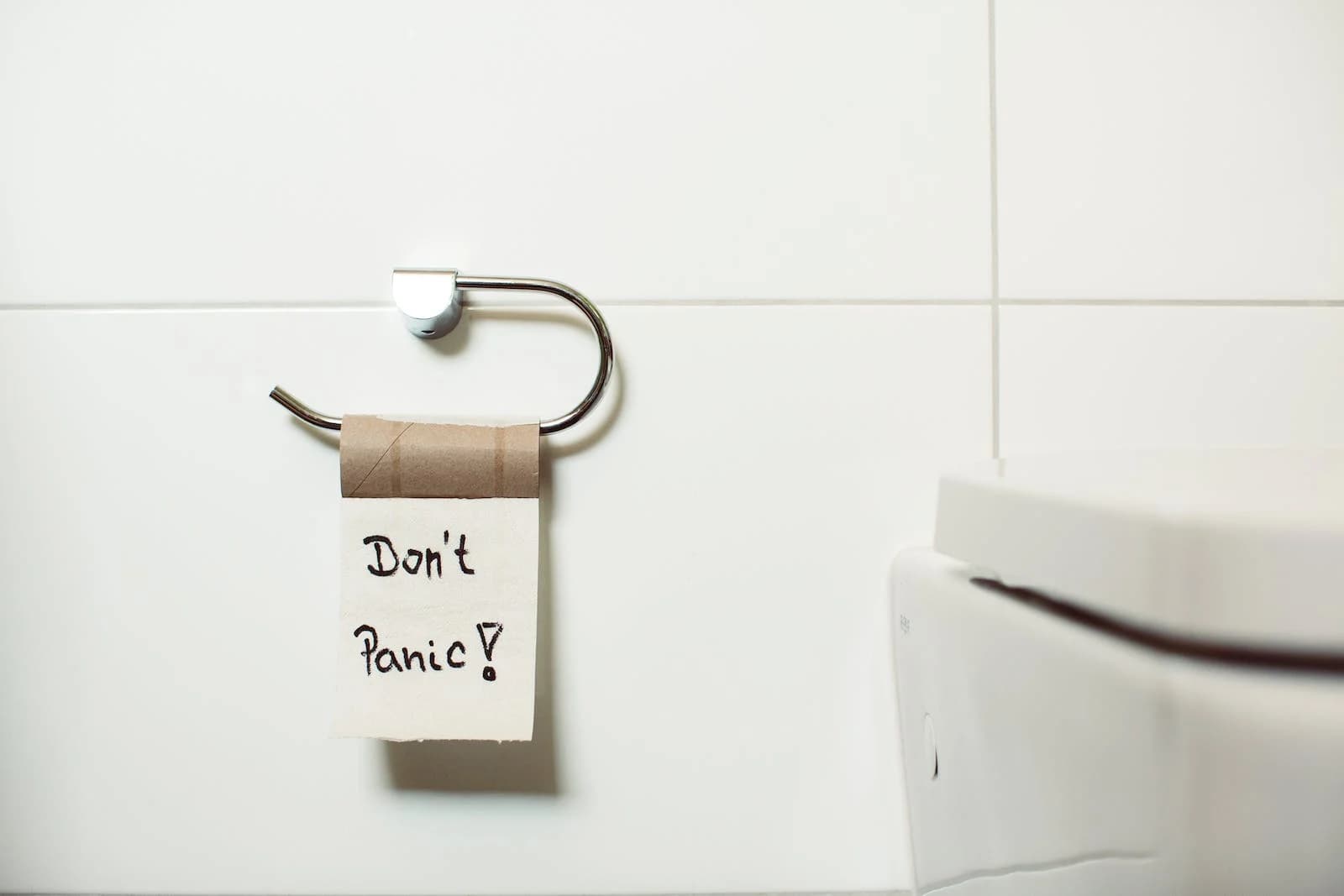How To Have Completely Normal And Controlled Bowel Movements?
Having completely normal and controlled bowel movements is an important part of a healthy diet and lifestyle. To ensure that your body is functioning properly, it is important to be aware of what foods you are eating, how much fiber you are getting, and when you should schedule bathroom breaks.
It is also important to know how to recognize signs of constipation or diarrhea so you can take the appropriate steps to treat it. Here are some tips for having normal and controlled bowel movements.
Table of Contents
Emsella treatment
Emsella is a treatment for overactive bladder and fecal incontinence. It uses electromagnetic energy to stimulate the muscles of the pelvic floor, helping to relax and strengthen them. This can help with normalizing bowel movements by improving muscle control in the area, as well as strengthening the surrounding muscles.
Additionally, Emsella can increase the sensation of needing to go, which can aid in the control of your bowel movements. It is a great option for anyone looking to improve their bathroom habits. Also, it is non-invasive and can provide results without the need for surgery or medications.
Diet and nutrition
Increasing your intake of fiber can help you have normal and controlled bowel movements. Eating plenty of fruits, vegetables, nuts, seeds, and whole grains can ensure that you are getting the fiber your body needs. Additionally, avoiding processed foods that contain artificial colors, flavors, preservatives, or sweeteners will help promote regularity.
Drink lots of water throughout the day to stay hydrated and help with digestion as well. Also, try to schedule meals and snacks, so your body is used to having food at regular intervals. It is important to eat a balanced diet, so your body is getting all the nutrients it needs.
Exercise
Regular, moderate exercise can help to regulate your bowels. Physical activity increases the flow of blood and oxygen to your intestine, which helps the muscles in the area to contract and relax. This can help move digested food through your system more quickly, aiding in regularity.
Exercise also boosts natural levels of serotonin, a neurotransmitter that helps control your bowel movements. Try walking, cycling, or swimming for at least 30 minutes a day for optimal results. This is also good for your overall health and well-being. While exercising, be sure to stay hydrated and take bathroom breaks as needed.
Relaxation
Taking time to relax can also help with regulating your bowel movements. Stress and anxiety can cause tension in the abdomen, leading to constipation or discomfort when using the bathroom. Relaxation techniques such as deep breathing exercises, yoga poses, and mindfulness meditation are all helpful for reducing stress levels.
Additionally, listening to calming music or taking a warm bath can help your body to relax and encourage normal bowel movements. While it is important to be aware of your body’s signals, try not to put too much pressure on yourself – if it takes a bit longer than normal, that’s ok.
Medication
If your attempts at normalizing your bowel movements are not working, medication may be necessary. Talk to your doctor about any potential treatments that can help with your symptoms.
Common medications include laxatives, which help to increase water in the stool and soften it for easier passage; anti-diarrheal agents, which reduce diarrhea symptoms; or fiber supplements, which provide extra fiber that helps keep the bowel movements regular.
Only take medication under the advice of a doctor and follow their instructions carefully for the best results. It is also important to note that medication might not be suitable for everyone, so make sure you discuss any potential side effects with your doctor.
Speak to a medical professional
If you are still struggling to find relief, it is important to speak to a medical professional for further advice. A doctor or gastroenterologist can help diagnose the root cause of your issues and determine the best course of treatment. They can also provide lifestyle suggestions and targeted treatments that could help normalize your bowel movements.
Don’t hesitate to reach out if needed – they are there to help! Additionally, there are many support groups available for those dealing with problems related to bowel movements. It is important to take care of your health, and speaking to others who are in a similar situation can be very helpful.
Be patient
It can take time to get back to having normal and controlled bowel movements. It is important to be patient with yourself and continue following your doctor’s instructions. Listen to your body and be aware of any changes or triggers that could affect your bowels.
Having a regular routine is key, especially when it comes to diet, exercise, relaxation, and medication. With consistency and dedication, you will be on the right track in no time! It is important to remember that everyone is different, so it may take some trial and error to find the best approach for you.
Why is having no bowel movement bad?
Having a complete absence of bowel movements is not normal and should be addressed by speaking to your doctor. Not having regular bowel movements can lead to a buildup of toxins in the body, causing dehydration, abdominal bloating, and other symptoms such as fatigue or constipation.
Long-term issues can also arise if left untreated, such as colon cancer or rectal bleeding. It is important to seek medical attention if you experience any type of abnormality related to your bowels. Also, be sure to discuss any concerns you have about your bowel movements with your doctor.

Having complete control over your bowel movements is possible with a few lifestyle changes. Eating healthy, exercising regularly, practicing relaxation techniques, and taking medications if needed are all helpful for managing your symptoms.
Additionally, it is important to speak to a medical professional about any issues you may be having. Ultimately, finding the right approach will take patience and dedication, but it is possible to have normal and controlled bowel movements. With the right plan in place, you can get back on track in no time!







